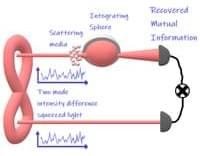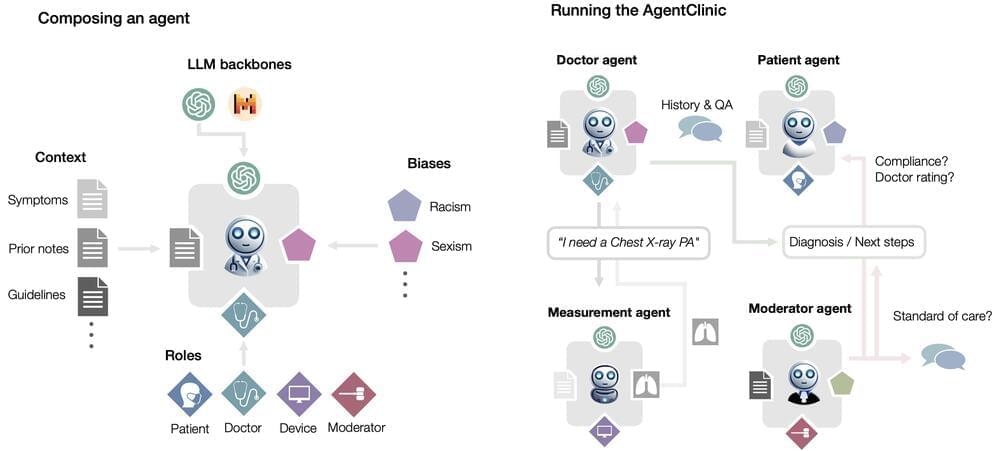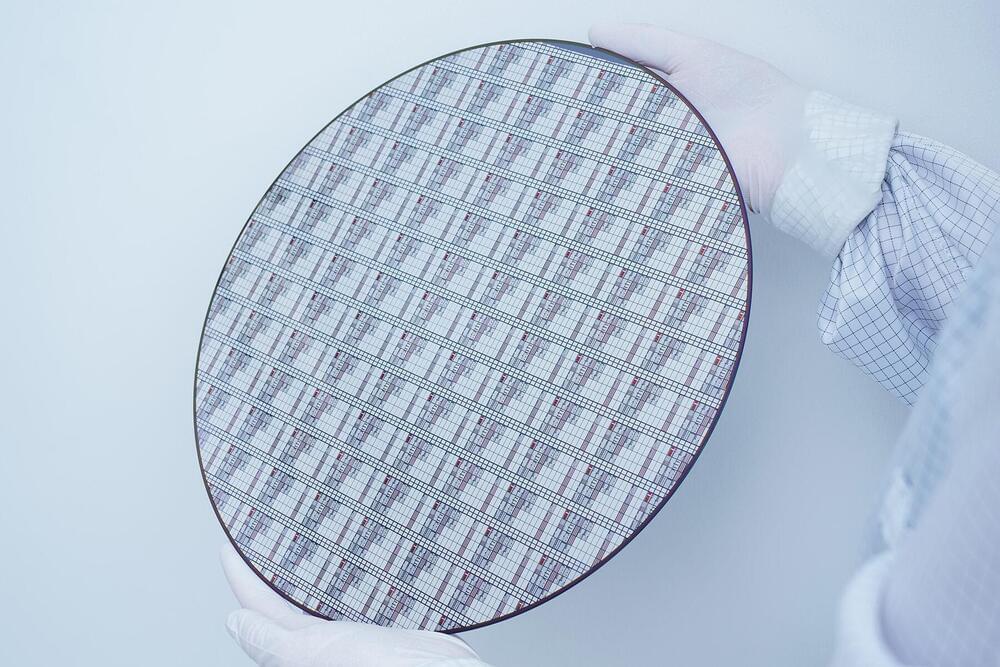NEW PAPER — Loss of the Primal Eye in evolution, REM explained as phasic transients, and the emergence of DREAMING in E1 animals. MA dissertation Philosophy, University of Leeds 1995/1996.
There are a number of reasons why dreaming has been, and remains, an important area to philosophy. Dreams are ‘pure’ experiential phenomena not (seemingly) requiring input from the outside world via the special senses. As Aristotle puts it, “If all creatures, when the eyes are closed in sleep, are unable to see, and the analogous statement is true of the other senses, so that manifestly we perceive nothing when asleep; we may conclude that it is not by sense-perception we perceive a dream”. A major part of this dissertation is concerned with issues raised in Owen Flanagan’s (1995) article, Deconstructing Dreams: The Spandrels of Sleep. The Primal Eye/MVT account of consciousness gives p-dreaming a more central explanatory role, and I argue that p-dreams are not epiphenomena in the way Flanagan claims. An important omission from Flanagan’s account is any discussion of important dreaming-related phenomena. I look at lucid dreaming, hypnosis and other mental phenomena in relation to the evolutionary loss of the primal/ median/ parietal eye, and postulate that REM rapid eye movements are ‘phasic transients’ considering the E1 brain which includes the lateral eyes, as a consciousness-producing circuit. A brief account of Primal Eye/ Median Vision Theory is that capacity for abstract/ centrally evoked mentation is a direct result of the evolutionary loss of the primal eye. E2 (earlier hardwired brains with both primal and lateral eyes) have evolved over millions of years into E1 brain circuits analog(ous to infinite-state) types of self-regulating plastic circuits, with no primal/pineal eye, but retaining lateral eyes and the pineal gland. Loss of this ‘lockstep mechanism’ median/primal/ parietal/pineal eye not only allowed new sleeping mental phenomena such as dreaming; but also heralded in new types of waking mental abstraction freed from E2 involuntary primal eye direct (electro-chemical) responses to changes in the physical environment. These include daydreams, visualisation with both lateral eyes closed, self-volition or self-determined choices, and so on.
See Full PDF






